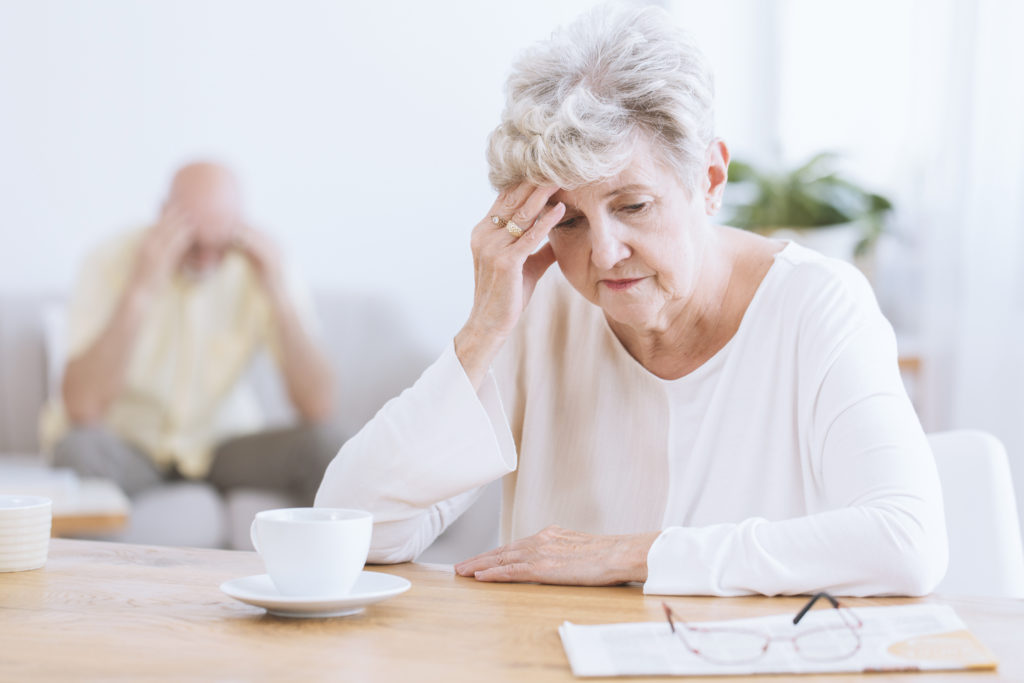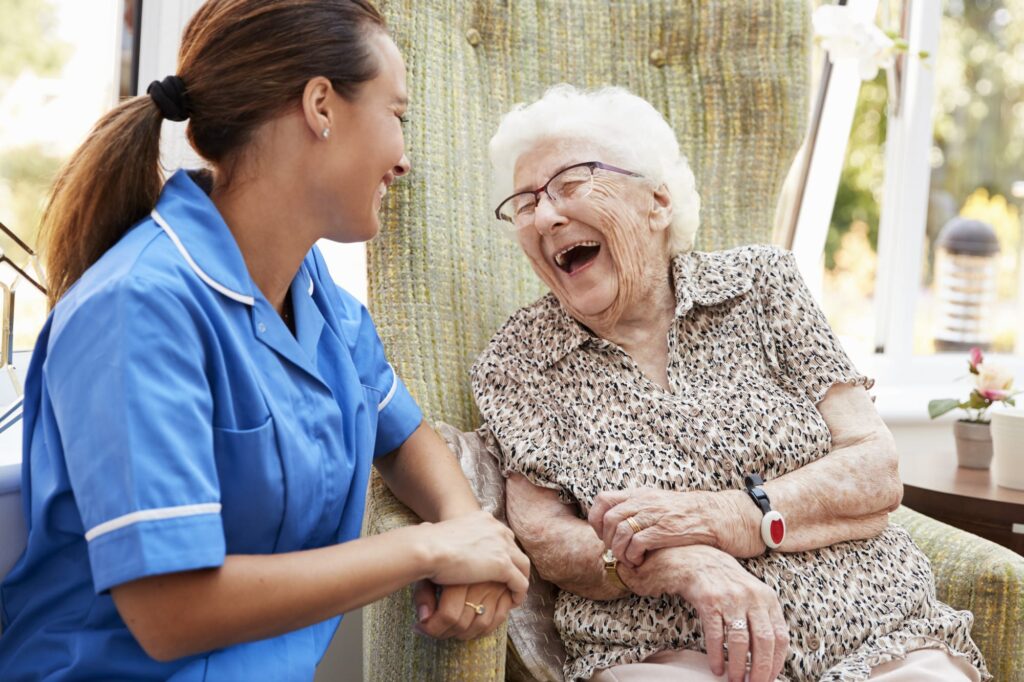Symptoms of Depression in Seniors
Feeling bummed or blue from time to time is a normal part of life, but if these sentiments or emotions last for a few weeks or months, you may suffer from depression. Next, you will learn some common signs and symptoms of depression and whether you or a loved one may be at risk from depression.
As we age, the risk of depression increases. Depression is one of the seniors’ most frequent mental health issues and can significantly affect their lives. However, some seniors may not recognize their depression and may not seek treatment.
It is essential to identify seniors, fifty-five years old and older, at risk from depression and intervene early to get the treatment they need and avoid its adverse effects.
DETECTING SIGNS OR SYMPTOMS OF DEPRESSION IN SENIORS
You could think it would be easy to detect depression in seniors; many signs of sadness, such as crying and lethargy, are evident. But depression, like many other afflictions, often manifests itself differently in seniors 55 and older than in younger individuals.
For example, an older person who suffers from depression does not necessarily feel sad but may complain of a lack of energy and attribute the symptoms to age. That situation can make it difficult for doctors, relatives, friends, and older people to detect depression.
Certain medications and medical illnesses can cause depression or imitate it, complicating matters and making it difficult to know when to get crucial help.
When people fifty-five and over suffer from untreated depression, they may lose interest in activities that once interested them and withdraw from social interaction and physical activities, eventually leading to loss of function. That’s why it is important not to dismiss any changes in behavior simply as part of aging.

While depression in seniors is less common than in younger adults, the problem is that even physicians are likely to overlook it when it is present. Studies show that primary care physicians spend very little time discussing mental health with their older patients and are unlikely to refer them to a mental health expert even if they show classic signs of depression.
Whether you are a senior or know one, you should be aware of some crucial symptoms. For example, with untreated depression, older people may show a loss of concentration and other cognitive changes, so that those symptoms could get confused with those of dementia.
In addition, older people tend to suffer from one or more chronic diseases, some of which can cause depression. For example, many individuals with Parkinson’s disease develop depression.
Along with cognitive symptoms, experiencing the following signs may require a trip to the doctor for a depression screening and medical examination:
- Feeling bummed
- Loss of pleasure in activities
- Significant weight gain or loss
- Decreased or increased appetite
- Sleeping too much or too little
- Exhaustion
- Feeling worthless
- Excessive or inappropriate guilt
Needless to say, if a person has recurrent thoughts of death or suicide or attempts suicide, this requires an emergency psychiatric evaluation.

SEVERAL WAYS TO HELP A SENIOR WITH DEPRESSION
Finding ways to help older adults cope with symptoms of depression can be challenging. Respecting their privacy when they need space and time away from the things that stress them out is critical.
However, there are several actions to maintain a sense of balance in their lives so they do not have room to feel overwhelmed:
- Provide seniors time to talk about their feelings without judgment or criticism. Avoid telling them what they should or should not feel and allow them to express their emotions. Please encourage them to talk about their struggles or emotional states and let them know they are not alone.
- Encourage individuals fifty-five years old and older to be physically active; this can help improve their mood and anxiety levels. Introduce them to new activities that keep their minds busy and allow them to forget about their depression. Exercise can also be good for relieving stress
- Help them create a support system to cope with depression, offer them advice and support, and be a listening ear; having someone to confide in and talk to can be beneficial.
- Help them become part of a community of people where they can meet people and friends; this will help them keep their minds busy and give them a break from things that stress them out.
- Reach out to a medical professional to treat depression; they may treat the root sources of depression and any physical ailments they may have. In addition, counseling or therapy with a doctor helps them learn how to manage the symptoms of depression.
In some cases, physicians may prescribe medicine to lessen the symptoms of depression. If your senior struggles with depression, you should choose a professional with experience managing the problem.
Although depression is a severe problem, it is treatable and manageable. Understanding the conditions of depression can also help you figure out how to treat it best.
If you notice that your loved ones show any signs of depression, a brief conversation about their feelings can pull them back to reality.
Feel free to contact us today; we are ready to attend to your needs and will give you the best we offer.
